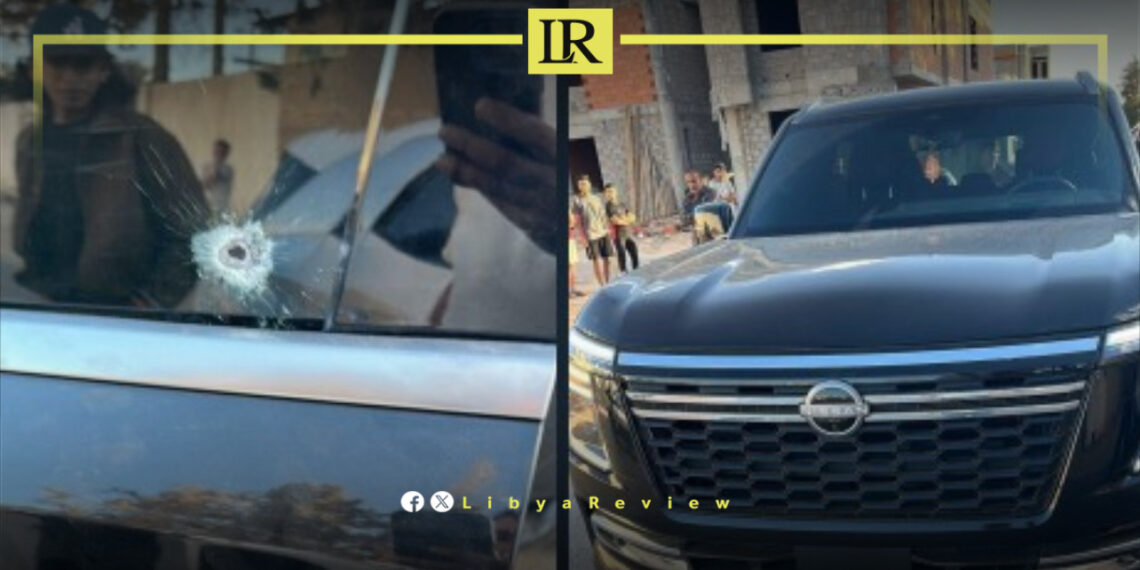Libya’s National Human Rights Institutions (NHRI) has strongly condemned the killing of 34-year-old Khansa Mujahid, describing the incident as a deliberate and targeted assassination.
Mujahid, the wife of Moadh al-Manfukh, a former member of the Libyan Political Dialogue Forum from Zawiya, was fatally shot on Friday evening when unidentified gunmen opened fire on her vehicle in the Al-Sarraj district west of Tripoli, an area controlled by the General Security Apparatus and security checkpoints affiliated with the Ministry of Interior of the Government of National Unity.
According to the institution, preliminary information suggests the assailants intended to target Al-Manfoukh himself, and early indications point to the involvement of armed elements operating outside the law, reportedly linked to security units under the interior ministry.
The organization said the circumstances of the attack raise serious concerns about the growing pattern of politically motivated violence and the continued presence of armed groups acting with impunity in the capital.
The institution called on the Public Prosecutor to launch a full, transparent, and urgent investigation into the killing, stressing the need to identify all perpetrators and bring them before the judiciary. It held the Government of National Unity, its prime minister, and the interior minister fully responsible for the crime, citing previous grave human rights violations attributed to security actors under their authority, including political assassinations, extrajudicial killings, arbitrary detentions, and enforced disappearances.
The statement emphasized that such violations cannot be ignored and that accountability remains essential to restoring public trust and reinforcing the rule of law. It urged authorities to reveal all individuals involved in the killing, pursue them legally, and ensure justice for the victim and her family.
In Zawiya, the First Support Force led by Colonel Mohammed Bahroun, known as “Al-Far,” also condemned the killing, calling it a cowardly act that occurred in broad daylight and in front of witnesses.
The force held Prime Minister Abdel-Hamid Dbaiba and the interior minister responsible for the incident and its consequences, demanding an immediate investigation and the swift handover of those involved to the judiciary.
The attack has sparked widespread anger and renewed calls to curb the influence of armed groups, highlighting the fragile security environment in Tripoli.


